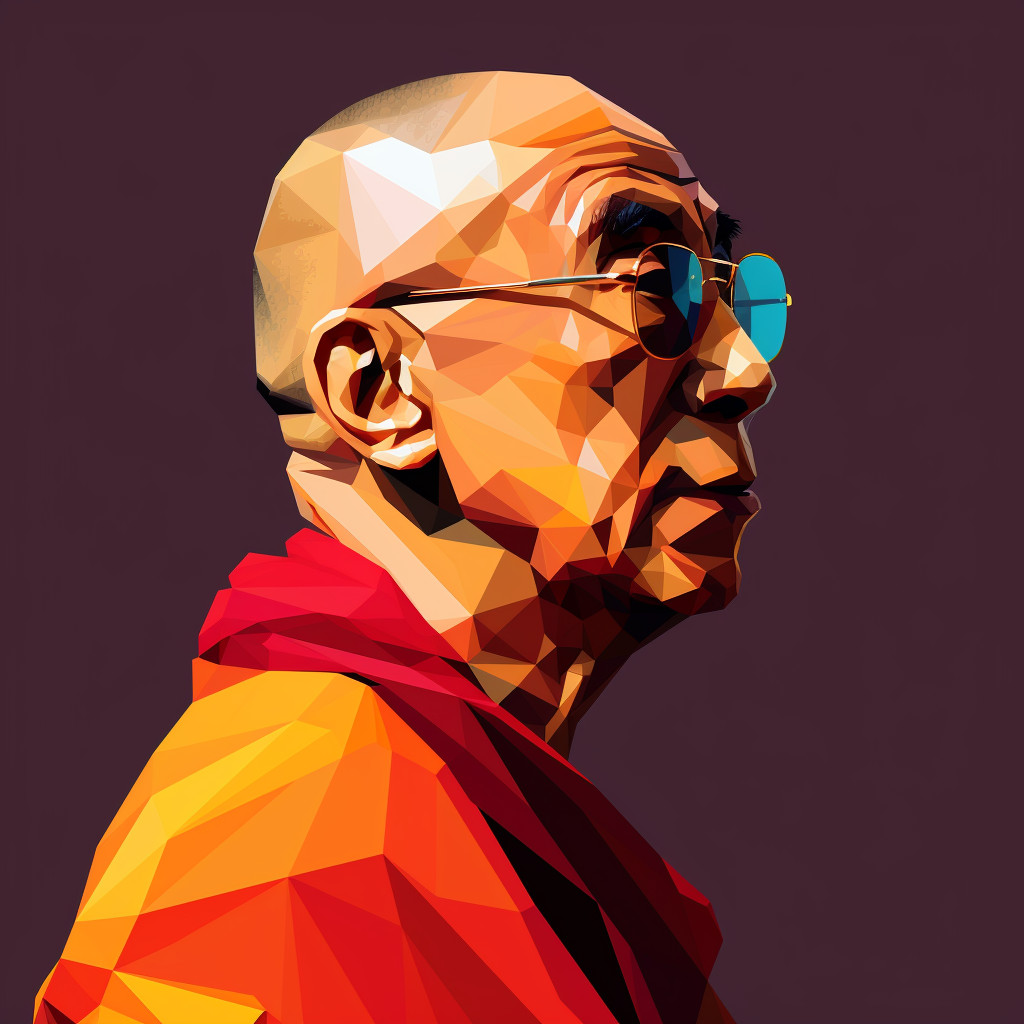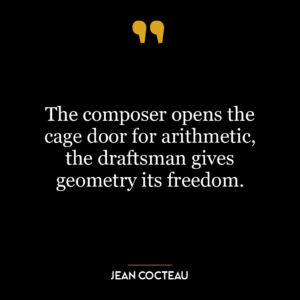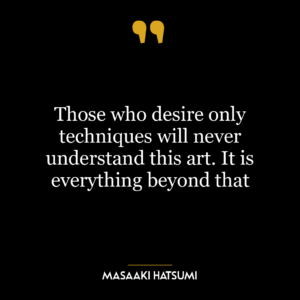This quote emphasizes the inherent and indomitable human yearning for freedom, suggesting that no amount of force or coercion can quash this fundamental desire. It underscores the resilience of the human spirit and its unyielding quest for autonomy, dignity, and self-determination.
The term “brute force” can be interpreted as any form of oppression, dictatorship, or violation of human rights. Despite such oppressive circumstances, individuals and societies have continuously fought for their freedom, proving that the human spirit cannot be subdued permanently by force. This struggle for freedom is an intrinsic part of human nature, and it has been a driving force behind many historical events, from revolutions and independence movements to civil rights movements.
In today’s world, this quote is highly relevant. We see numerous instances where people rise against oppressive regimes, discriminatory practices, and unjust systems. The global protests for racial justice, the fight for LGBTQ+ rights, or the movements against autocratic governments all exemplify this enduring quest for freedom. These movements show that despite the threat of violence, imprisonment, or even death, people are willing to fight for their freedom, proving the quote’s assertion.
In terms of personal development, this quote can be seen as a call to assert one’s autonomy and independence. It encourages individuals to resist any forces that may seek to control them or limit their potential. This could be societal norms, peer pressure, or even self-imposed limitations. The quote suggests that personal growth and fulfillment come from the pursuit of one’s own freedom, from standing up against any form of “brute force” that hinders one’s path to self-determination.
In essence, the quote is a testament to the resilience of the human spirit and its unwavering desire for freedom, a message that is both empowering and inspiring, whether on a societal or personal level.







